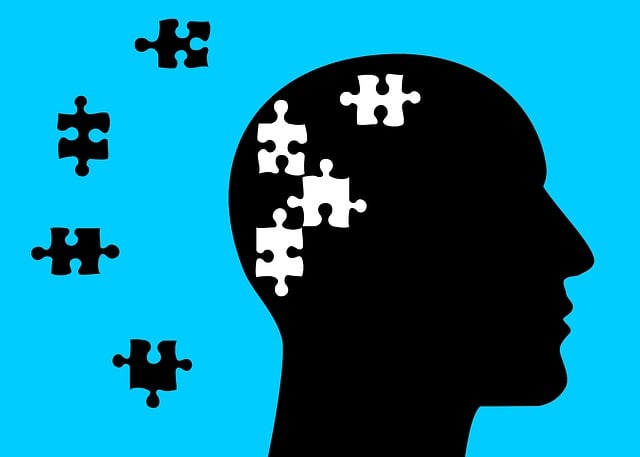Englewood Blended Families Therapy addresses unique challenges faced by these families, recognizing that depression is a critical issue. They offer evidence-based strategies, combining individual therapy, family counseling, and group support to manage stress, resolve conflicts, and reduce anxiety. Through open communication, crisis intervention, and mental health policy advocacy, they foster resilience, strengthen familial bonds, and promote early intervention for improved mental well-being in Englewood blended families.
Depression is a prevalent issue, especially within blended families, where unique challenges can impact mental health. This article explores essential strategies to prevent and manage depression, offering a comprehensive guide for those seeking support. We delve into recognizing subtle signs in diverse family structures, providing evidence-based techniques for coping. Furthermore, it highlights the benefits of Englewood Blended Families Therapy, an innovative approach tailored to navigate complex dynamics. By understanding these strategies, families can foster resilience and improve overall well-being.
- Recognizing Depression: Signs and Symptoms in Blended Families
- Evidence-Based Strategies for Prevention and Coping
- The Role of Therapy: Englewood Blended Families Therapy Approach
Recognizing Depression: Signs and Symptoms in Blended Families

In the context of Englewood blended families, recognizing depression and its signs is a vital step in fostering mental well-being. Blended families often face unique challenges that can contribute to heightened stress levels and emotional difficulties. Depression may manifest differently for each individual within these families, making it crucial to be attuned to various indicators. Common signs include persistent feelings of sadness, loss of interest in activities once enjoyed, changes in appetite or sleep patterns, fatigue, difficulty concentrating, and thoughts of worthlessness or suicidal ideation. Recognizing these symptoms early can initiate conversations about seeking support through Englewood blended families therapy.
Englewood blended families therapy offers a safe space for individuals to process their experiences, build coping skills development strategies, and practice stress management techniques. Through professional guidance, family members learn to navigate the complexities of their dynamic, enhance communication, and cultivate self-care routines for better mental health. This proactive approach not only equips them with tools to manage depression but also strengthens the familial bond, promoting a healthier and more resilient environment.
Evidence-Based Strategies for Prevention and Coping

Depression prevention strategies are essential for maintaining mental well-being, especially within diverse families. Englewood Blended Families Therapy offers evidence-based approaches that have proven effective in combating depression and fostering resilience. One such strategy is Crisis Intervention Guidance, which equips individuals with skills to manage intense emotions and prevent depressive episodes from escalating. By providing immediate support and practical tools, this guidance empowers family members to navigate challenging situations.
Additionally, communication strategies play a vital role in depression prevention. Open and honest dialogue within the family unit allows for the recognition and expression of emotional struggles. Mental Health Policy Analysis and Advocacy further reinforces preventive measures by advocating for accessible resources and services that promote mental health awareness and early intervention. Through these integrated approaches, Englewood Blended Families Therapy ensures a holistic strategy to address depression, catering to the unique needs of each individual and family dynamic.
The Role of Therapy: Englewood Blended Families Therapy Approach

Englewood Blended Families Therapy offers a unique approach to depression prevention, focusing on the complex dynamics within blended families. This therapy recognizes that mental health issues like depression often stem from unresolved family conflicts, trauma, or adjustment challenges. By addressing these underlying issues, it aims to strengthen relationships and foster resilience among all family members.
The approach involves a combination of individual therapy sessions, family counseling, and group support activities tailored to blended families. Through open communication, problem-solving strategies, and crisis intervention guidance, Englewood Blended Families Therapy empowers individuals to manage stress, reduce anxiety relief, and develop coping mechanisms. Public Awareness Campaigns Development plays a crucial role in educating the community about depression and breaking down associated stigmas, ultimately encouraging early interventions and improved mental well-being.
In conclusion, depression prevention is a multifaceted approach that includes recognizing signs early on, employing evidence-based strategies, and seeking professional help when needed. The unique challenges faced by blended families highlight the importance of tailored support, such as the Englewood Blended Families Therapy approach, which addresses specific issues within these family structures. By combining therapy with proactive coping mechanisms, individuals and families can effectively navigate mental health journeys and foster resilience against depression.














